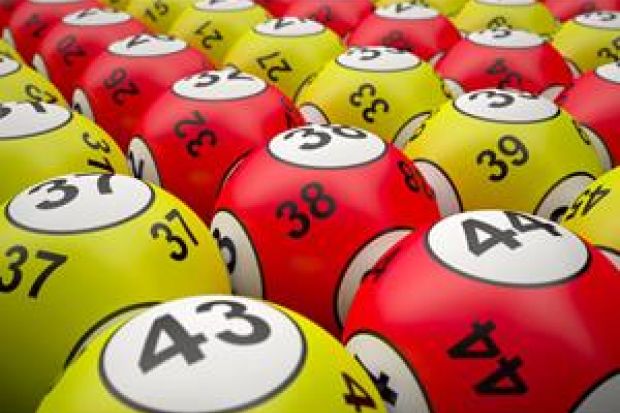Handing out grants by lottery supports risky research, gives niche subjects more chance of securing funding and could help to curtail nepotism by academics on selection panels, according to an interim assessment of a pioneering project in Germany.
In 2017, the Volkswagen Foundation, the country’s largest private research funder, started awarding money by lot, as well as by peer review, in one of its funding lines designed to back “exceptionally daring new ideas”.
Although it is still too early to tell if this approach will lead to more breakthroughs in the long term, the vast majority of grant winners back an element of randomisation, citing numerous benefits, even though they were not told if their win was the result of luck or selection.
“We see broad acceptance here,” Dagmar Simon, an external consultant, said of the project, which she was asked to assess.
Since the introduction of the lottery in 2017, a greater proportion of grants has gone to more junior researchers such as postdoctoral students. “For them, this is an interesting chance to speed their careers,” Martina Röbbecke, a second evaluator, told Times Higher Education.
There has also been a small uptick in female winners since the lottery’s introduction, although still only about a fifth of recipients are women.
The grants, worth up to €120,000 (£107,492) over a maximum of 18 months, require only a “short sketch” of the proposed project, and applicants are anonymised. Hundreds of applications are whittled down to a pool of just over 100, of which 15 to 20 are then chosen by a jury, and the same number by lottery.
The vast majority of winners believe that randomisation clamps down on unconscious bias or conflicts of interest – although how unsuccessful applicants feel is unclear.
Such partiality might include peer reviewers holding an unconscious prejudice against female researchers; a bias towards their own research interests; and nepotism, favouring, for example, scholars from their own institution.
“It’s not only a conflict of ideas but a conflict of persons,” said Dr Röbbecke. “This is very dangerous in the peer-review process.”
A lottery system helps niche subjects, grant recipients also agreed. Typically, a grant jury might feature only researchers from big disciplines, such as life sciences or engineering, said Dr Simon, leaving little room for appreciation of ideas from less well-represented fields.
Several other funders in the German-speaking world have also unveiled experiments with lotteries.
At the end of 2019, the Austrian Science Fund announced its “1,000 Ideas Programme”, which, like the Volkswagen Foundation (which is independent from the carmaker) will award half its grants through lottery and half via peer review in an anonymised process.
The Swiss National Science Foundation has also started drawing lots to decide who gets postdoctoral fellowships to study abroad, where applications are of a similar quality.
POSTSCRIPT:
Print headline: Grant lottery looks like a winner with Germans
Register to continue
Why register?
- Registration is free and only takes a moment
- Once registered, you can read 3 articles a month
- Sign up for our newsletter
Subscribe
Or subscribe for unlimited access to:
- Unlimited access to news, views, insights & reviews
- Digital editions
- Digital access to THE’s university and college rankings analysis
Already registered or a current subscriber? Login








